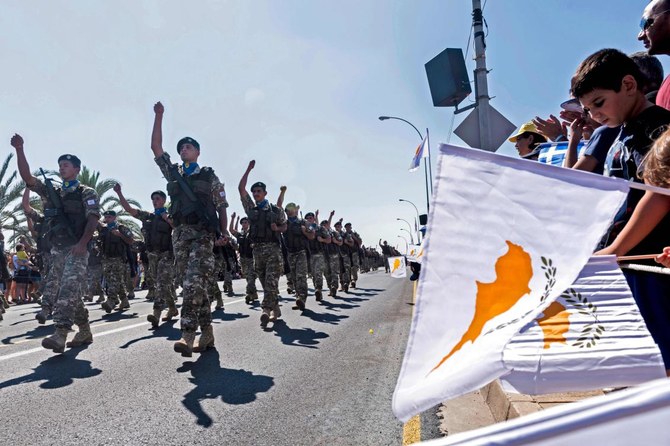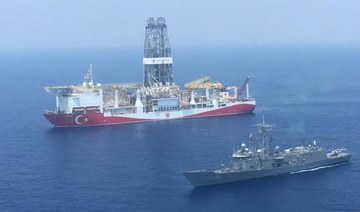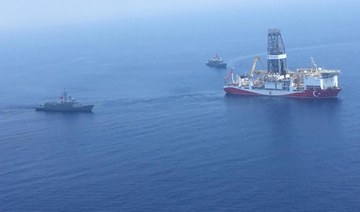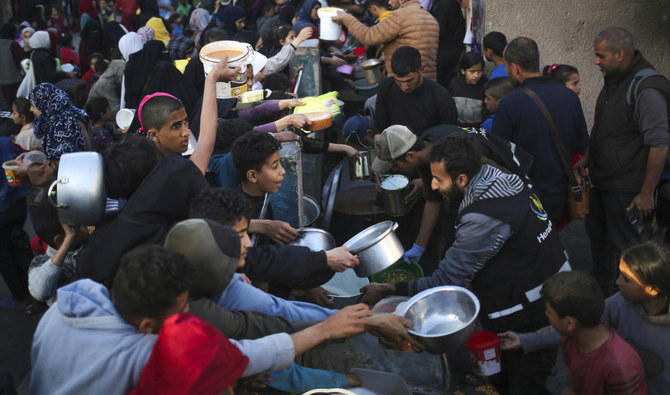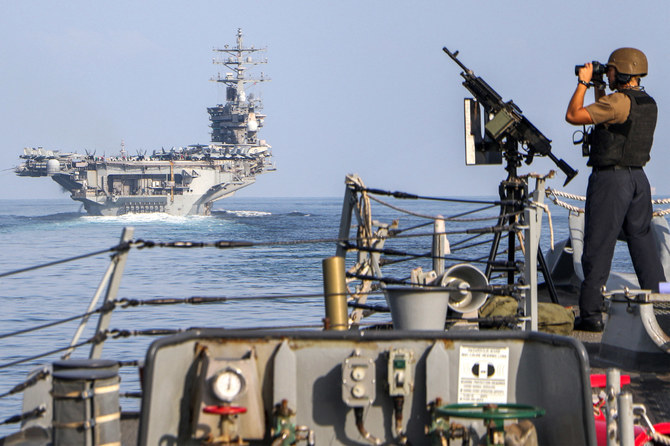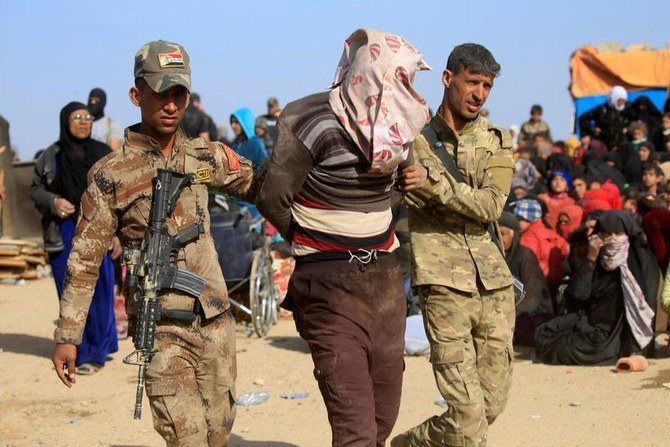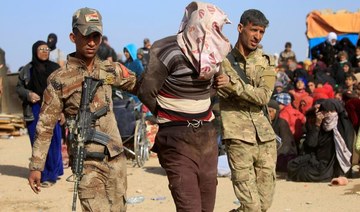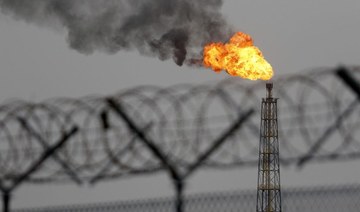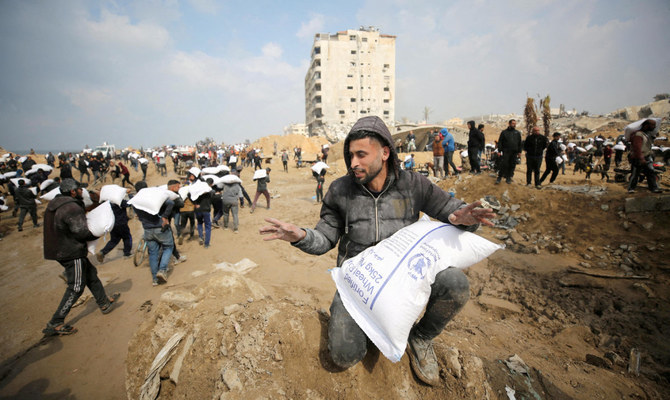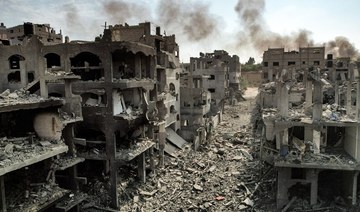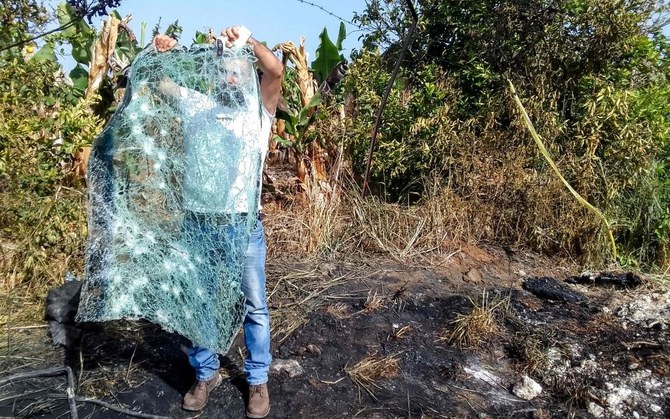JEDDAH: Both chambers of the US Congress on Tuesday overwhelmingly adopted a $738 billion defense spending bill that calls for sanctions against Turkey over its purchase of the Russian S-400 missile defense system.
US President Donald Trump is expected to immediately sign the bill into law, which will create another point of contention between NATO members Turkey and the US.
The bill calls for a prohibition on transferring F-35 fighter jets to Turkey, and sanctions against it under the Countering America’s Adversaries Through Sanctions Act. The bill also lifts the US arms embargo on Cyprus.
The embargo was imposed in 1987 to prevent an arms race and to encourage a settlement of the Greek-Turkish conflict over Cyprus, which has been divided since 1974.
Sen. Bob Menendez, from New Jersey, pushed for the bill, and is known for his ties to the Greek-American and Cypriot-American communities.
Turkey’s Foreign Ministry said in a statement on Tuesday that the US decision “will have no outcome other than hampering efforts toward a settlement on the island and creating a dangerous escalation.”
It added: “The language of threats and sanctions will never dissuade Turkey from resolutely taking steps to ensure its national security.”
Cyprus has recently made headlines with Turkish and Cypriot drilling operations off the island, as well as Turkey’s planned joint drilling with Libya following a deal between the two parties to delimit maritime zones in the eastern Mediterranean, bypassing the Greek island of Crete.
As such, the US decision, if enacted, could escalate the ongoing battle over hydrocarbons and exclusive economic zones.
Gallia Lindenstrauss, a research fellow at the Institute for National Security Studies, said the decision can be seen as further evidence of anti-Turkish sentiment in the US Congress, both among Republicans and Democrats.
“The rupture in Turkish-US relations has led Washington to strengthen its relations foremost with Greece, but also with the Republic of Cyprus,” she told Arab News.
But Lindenstrauss said the US decision, while clearly positive from the Greek-Cypriot perspective, is not enough to reassure Greek Cypriots over growing Turkish assertiveness in the eastern Mediterranean.
Ankara recently deployed surveillance drones at an airport in northern Cyprus to escort drilling vessels and naval forces off the island.
Paul Antonopoulos, a research fellow at the Center for Syncretic Studies and an expert on the Cyprus conflict, said the lifting of the US arms embargo will make no security difference to Cyprus or Turkey.
“The Republic of Cyprus has no serious military capabilities, and its 2018 military budget was only $360 million, compared to Turkey’s massive $19 billion,” he told Arab News.
“The Republic of Cyprus has neither the budget, demographics or desire to become seriously militarized against Turkey.”
Antonopoulos said the potential lifting of the embargo is a politically motivated move by Washington to further aggravate Turkey as relations between the two NATO members continue to deteriorate.
“The Republic of Cyprus’ so-called air force has only 11 attack helicopters and no fighter jets, and its so-called navy has no warships and only patrol boats,” he added.
A single S-400 unit is over $150 million more than the entire military budget of the Republic of Cyprus, he said, adding that the lifting of the embargo could justify greater Turkish militarization in the northern part of the island.



